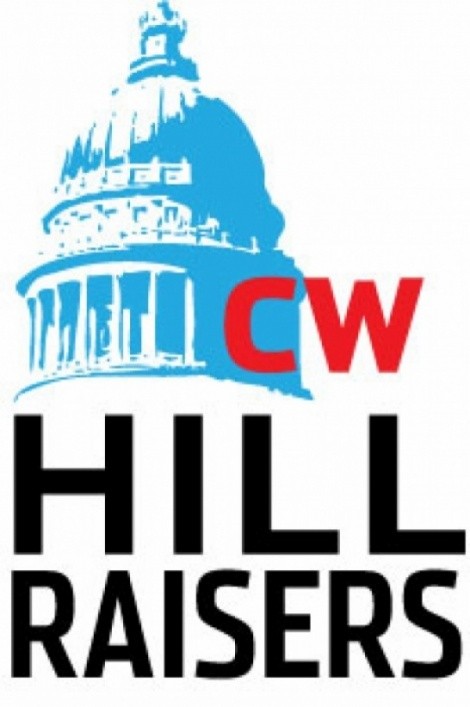Buzz Blog

The House Law Enforcement Committee gave approval to a bill Thursday that could help Utah law catch up with technology and a darker trend in our social media age----“revenge porn.” This term refers to the practice of a spiteful ex distributing intimate or sexual images of their former partner across the internet. It's been a cause for shock and shame but has largely been a crime that leaves victims without substantial recourse, that's why the bipartisan duo of Rep. Marie Poulson, D-Salt Lake City and Rep. Craig Hall, R-West Valley City proposed their legislation to make the practice punishable by a third-degree felony.---
Poulson apologized that she could not bring witnesses who had been personally victimized by this practice to testify but told the committee its a practice that leaves women feeling incredibly vulnerable. She did read a letter from a woman who wrote her to express support. The woman wrote that at age 19 she had been victimized this way and that it destroyed her life. Poulson also told the committee that with private images forever circulating through the Internet, Facebook and other social media sites women have been driven to depression and suicide because of this phenomenon.
In public testimony Brandy Farmer, a domestic-violence expert and member of the Utah Womens Lobby testified that she's worked with teenagers from very well respected and affluent members who have made the mistake of sharing explicit images that were then used against them.
“I know this bill will make someone think before you click,” Farmer testified.
Deborah Dilley with the Utah Coalition Against Sexual Assault shared the story of a woman she worked with to show that this problem doesn't just affect those who made the mistake of sharing intimate images in the first place. Dilley described working with a mother in her 40s, who went to a concert with friends and sparked outrage from a jealous boyfriend who then uploaded a video to Facebook of a video them in a sexual act, that he had taken without her knowledge.
Since the video showed the act but didn't directly show nudity Facebook refused to take it down, Dilley testified.
“This is still up all, of her friend and family saw this and its also been taken to the notice of her employee,” Dilley testified.
Poulson and Hall's House Bill 71 targets people who distribute images they may have received consensually from a former partner as well as those like in the case of the woman referenced by Dilley that were taken without a person's knowledge or permission. They also target people who might steal images by hacking them from a person's device.
The bill language sets a strong penalty with a third-degree felony for culprits but Hall argued that tweaks to the original bill have narrowed the focus and made it so it would pass constitutional muster. The bill language he notes was updated so that for a person to be subject to the felony they would have to intentionally distribute intimate images to do harm to someone. This modification to the bill the sponsors hoped would keep people from being targeted who might have accidentally distributed intimate images.
While the committee was generally supportive of the bill there was some concern about leveling such a penalty for a mistake that can often be avoided by a person never sharing private images in the first place. Rep. Dana Layton, R-Orem, called “revenge porn” wrong and a “betrayal” but also argued that “when you release any electronic piece of information from your possession... you have lost control of it,” Layton said. “It's almost a natural law.”
Poulson, however, countered in her testimony that the victim shouldn’t be blamed, especially in situations affecting the young and the naïve.
“As a teach for many year I observed so many young people unwisely, naively sharing images--and these are good kids too-- not having any idea of the implications,” Poulson said. “I think we've all been young and dumb sometimes and this is an important discussion to have [with so many] not knowing that these things can absolutely destroy your life.”
The bill passed favorably out of the committee with only one nay vote from committee chair Rep. Richard Greenwood, R-Roy, and now heads to the House floor for debate.
To read HB 71 click here. To contact Rep. Poulson about the bill click here. To find your legislator to contact them about this bill click here. For more updates from the hill follow @EricSPeterson and @ColbyFrazierLP on Twitter.